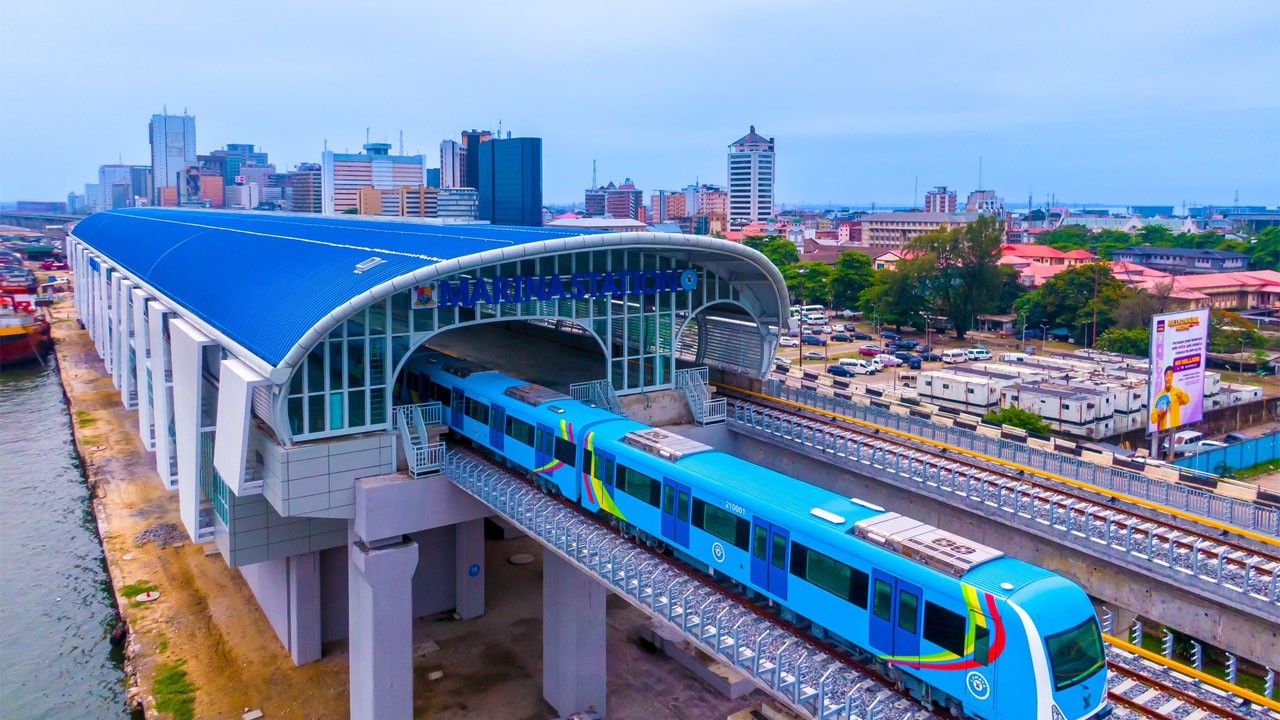As global economies strive for sustainable growth in 2025, public-private partnerships (PPPs) have become a powerful mechanism for driving development, particularly in developing economies. According to the World Bank, investments in PPP infrastructure projects in low- and middle-income countries reached $96 billion in 2023—a trend that has continued to grow, with a projected 5% increase in 2025 despite economic uncertainties. For lawyers and law firm leaders, this surge in PPP activity is creating a wave of new opportunities, especially in infrastructure and sustainability projects. At Imperial Partners, we’re seeing firsthand how these partnerships are reshaping the legal landscape in developing economies, opening doors for legal professionals with the right expertise. Here’s how PPPs are influencing legal roles and what it means for your career or firm in 2025.
The Growing Effectiveness of PPPs in Middle-Income Economies
PPPs have long been a tool for bridging infrastructure gaps, but their effectiveness varies across developing economies. Research from the World Bank Research Observer highlights that PPPs tend to be more successful in middle-income economies like Indonesia or Vietnam, where institutional frameworks are stronger, compared to low-income economies with weaker governance. In 2025, hybrid models using blended finance are gaining traction, helping to mitigate risks and attract private investment. The International Finance Corporation’s (IFC) Blended Finance Unit, for instance, has been instrumental in structuring deals that combine public and private capital, making projects more financially viable.
This shift is driving demand for lawyers skilled in contract negotiation and regulatory compliance. As blended finance models become more prevalent, legal professionals are needed to draft agreements that balance public sector accountability with private sector profitability, ensuring compliance with local and international regulations. For law firms, this presents an opportunity to position themselves as leaders in a niche but growing area of legal practice, particularly in middle-income markets where PPP investments are accelerating.
Africa’s Renewable Energy Boom and the Need for ESG Expertise
In Africa, PPPs are playing a pivotal role in advancing the continent’s net-zero agenda, particularly through renewable energy projects. A 2024 Brookings report noted Africa’s potential to become a global leader in renewable energy, with untapped solar and wind resources that could power sustainable growth. In 2025, this potential is being realised through PPPs, such as those funding solar farms in Kenya and wind projects in South Africa, often backed by international development funds.
These initiatives require legal expertise in environmental, social, and governance (ESG) frameworks, as well as cross-border finance. Lawyers are increasingly called upon to advise on carbon credit schemes, green bonds, and compliance with international ESG standards, ensuring projects align with global sustainability goals. The complexity of these deals—spanning multiple jurisdictions and stakeholders—means that legal professionals with a global outlook and specialised knowledge are in high demand. For lawyers looking to make an impact, Africa’s renewable energy sector offers a unique opportunity to contribute to sustainable development while advancing their careers.
Overcoming Challenges in PPP Implementation
Despite their potential, PPPs in developing economies face significant challenges that can deter investment and slow progress. The World Bank Research Observer identifies high preparation costs and complex bidding processes as major hurdles, often requiring extensive due diligence and stakeholder coordination. In 2025, these challenges are compounded by economic uncertainties, with global growth projected at a modest 2.7% (World Bank), which can make private investors cautious.
Lawyers who can streamline these processes are becoming invaluable. This includes drafting clear, enforceable contracts that mitigate risks, navigating local regulatory landscapes, and facilitating transparent bidding processes to attract credible investors. Social media discussions on X highlight a growing sentiment that developing economies need to simplify PPP frameworks to compete for global capital—a task where legal expertise can make a significant difference. For law firms, building a practice that addresses these pain points can set you apart in a competitive market, while for individual lawyers, this expertise can open doors to high-profile projects.
Seizing Opportunities in 2025 with Imperial Partners
Public-private partnerships are reshaping the legal landscape in developing economies, creating exciting opportunities for lawyers and law firms in 2025. From advising on blended finance deals in middle-income markets to supporting Africa’s renewable energy ambitions, the demand for legal expertise in contract negotiation, ESG compliance, and cross-border finance has never been higher. However, the complexities of PPP implementation underscore the need for skilled professionals who can navigate challenges and deliver results.
At Imperial Partners, we specialise in connecting law firms with the talent they need to excel in these high-growth areas. Our global reach and personalised approach ensure that we find the right specialists for PPP-related roles, whether you’re launching a new practice or expanding into developing markets—all with the utmost confidentiality. Contact Imperial Partners today to recruit the legal talent that will help your firm thrive in the evolving world of public-private partnerships in 2025.


